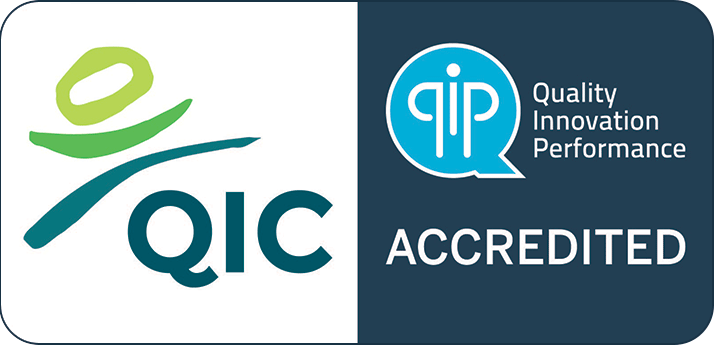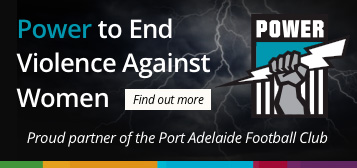IF she listens carefully, Alyce Hunter hears them: subtle shifts in perspective that carry weight in the classroom.
For the past two years, Alyce has been visiting secondary schools to deliver Be BOLD Break the Mould, a Centacare program that challenges today’s selfie-obsessed culture and encourages teenage girls to embrace the skin they’re in.
Alyce, a peer worker with the PACE Service, says the program is having a positive impact on students’ sense of self, which is often eroded by pressure to fit popular stereotypes, and a false belief they are not good enough.
“They tend to find it easy to say nice things about their friends but find it really tough to say anything positive about themselves,” she says.
“Usually by the end, the team and I can see they’re starting to challenge what they believe is real.
“If they start off saying things like `I’m not good enough’ they might change it to `I am enough’ or `I am loveable’ instead of `I am ugly’. Even if they don’t sound convinced, subtle shifts in language mean a lot.”
When your role models are famous for their figures, appearance is everything. During the program, girls often report being held back from doing things they want, because of a fear of being criticised about their bodies.
“The way they describe it is, you can either be the skinny size eight girl or the curvy Kim Kardashian girl but there’s no in between,” Alyce says.
“They believe they are not beautiful to others unless they are one or the other.”
Delivered over three 90-minute workshops, Be BOLD – Break the Mould teaches girls in Years 8 to 11 how to:
· Recognise the unrealistic standards of beauty portrayed in the media
· Avoid unhelpful comparisons with others
· Accept themselves and embrace their uniqueness
· Develop a positive body image and healthy lifestyle
· Gain confidence and self-belief
“Our aim is to teach them their self-worth is not defined by validation from others but that their own internal belief system determines how they perceive themselves.”
Students are engaged through fun activities, such as writing friends fan mail. (Download the templates HERE and HERE) This teaches them to accept compliments and that it’s ok to feel good about, and be proud of, themselves.
The program is free and is being offered to schools across metropolitan Adelaide.
Similar educations programs are needed for boys to prevent gender-based stereotyping, Alyce says.
In partnership with Port Adelaide Football Club, Centacare delivers the Power to End Violence Against Women program to boys in Year 10 across the state. The students learn about respect, trust, gender equality, healthy relationships and the dangers of abusive behaviour.
“If the girls’ home life isn’t great and they’re not hearing positive things at school from their peers, in particular the boys, poor self-esteem can be a real issue,” Alyce says.
Through PACE, Centacare supports young people and adults who are struggling with eating disorders, anxiety, panic attacks, and obsessive compulsive behaviours.
If you would like the free workshops offered at your school, please phone 8303 6660 or email pace@centacare.org.au







